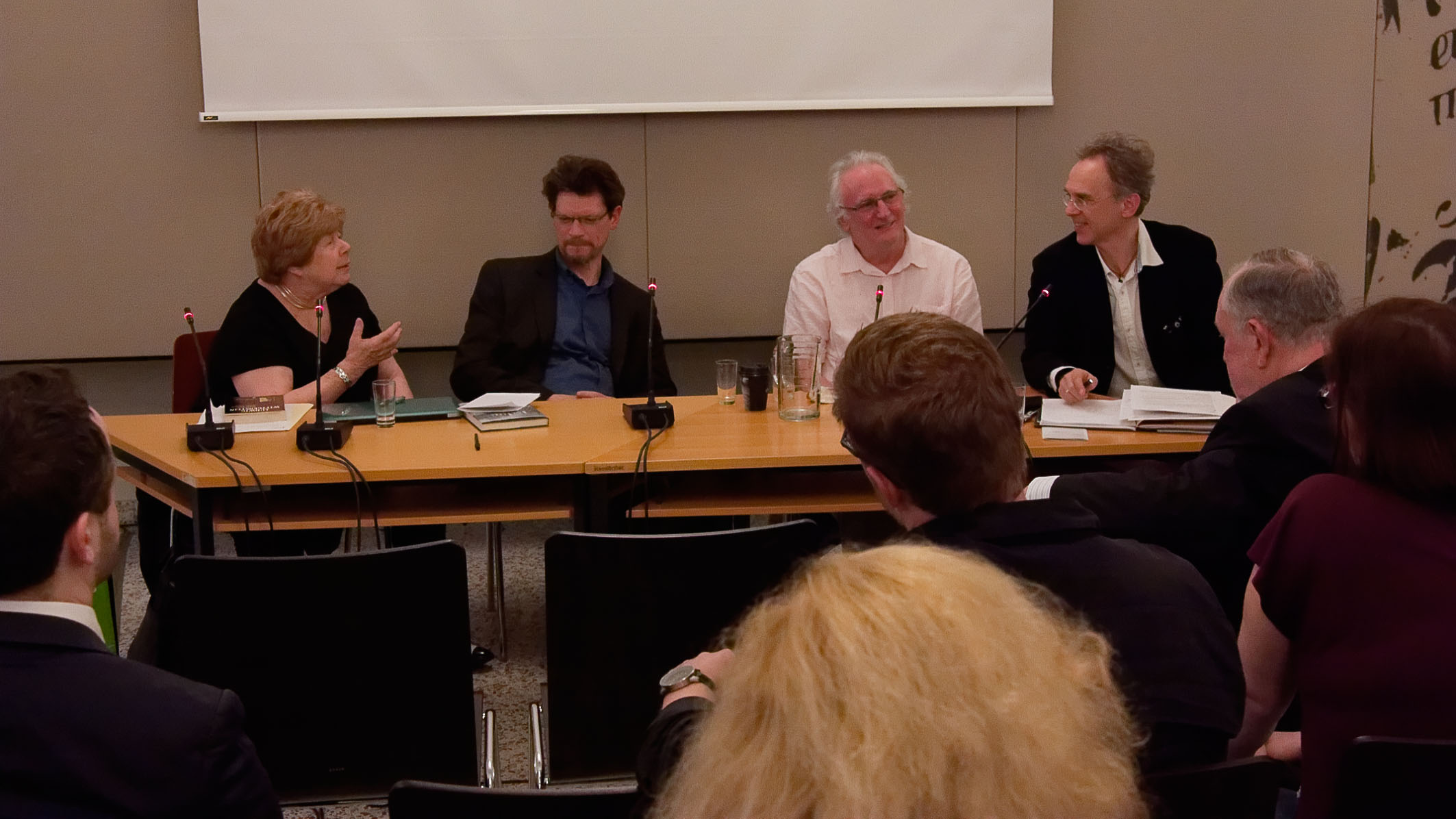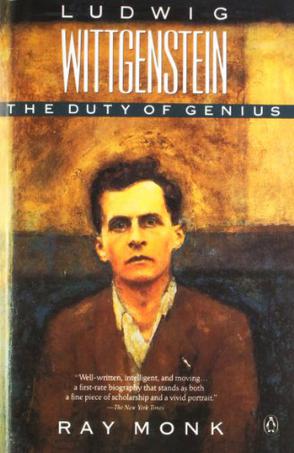

Frege recommended he went to Cambridge to study with Bertrand Russell, who quickly recognised him as "perhaps the most perfect example I have ever known of genius as traditionally conceived". From there he developed an interest in pure mathematics, which led him to philosophy, and to the revolutionary work of the logician Gottlob Frege. The youngest son of one of the wealthiest families in Europe, based in Vienna, Ludwig moved to England in 1908 to study the then cutting edge-topic of flight aerodynamics. In the Preface to his Tractatus Logico-Philosophicus, Ludwig Wittgenstein claims to have solved all the problems of philosophy. In an event hosted by the Austrian Cultural Forum, and in collaboration with the British Wittgenstein Society to mark 100 years since its publiction, Shahidha Bari discusses the contexts and contents of the Tractatus Logico-Philosophicus with Wittgenstein's biographer Ray Monk, the philosophers Juliet Floyd and Dawn Wilson, and Wittgenstein's niece Monica Nadler Wittgenstein.

Called a "genius" by Bertrand Russell, the young Wittgenstein began this influential book in Cambridge.


 0 kommentar(er)
0 kommentar(er)
